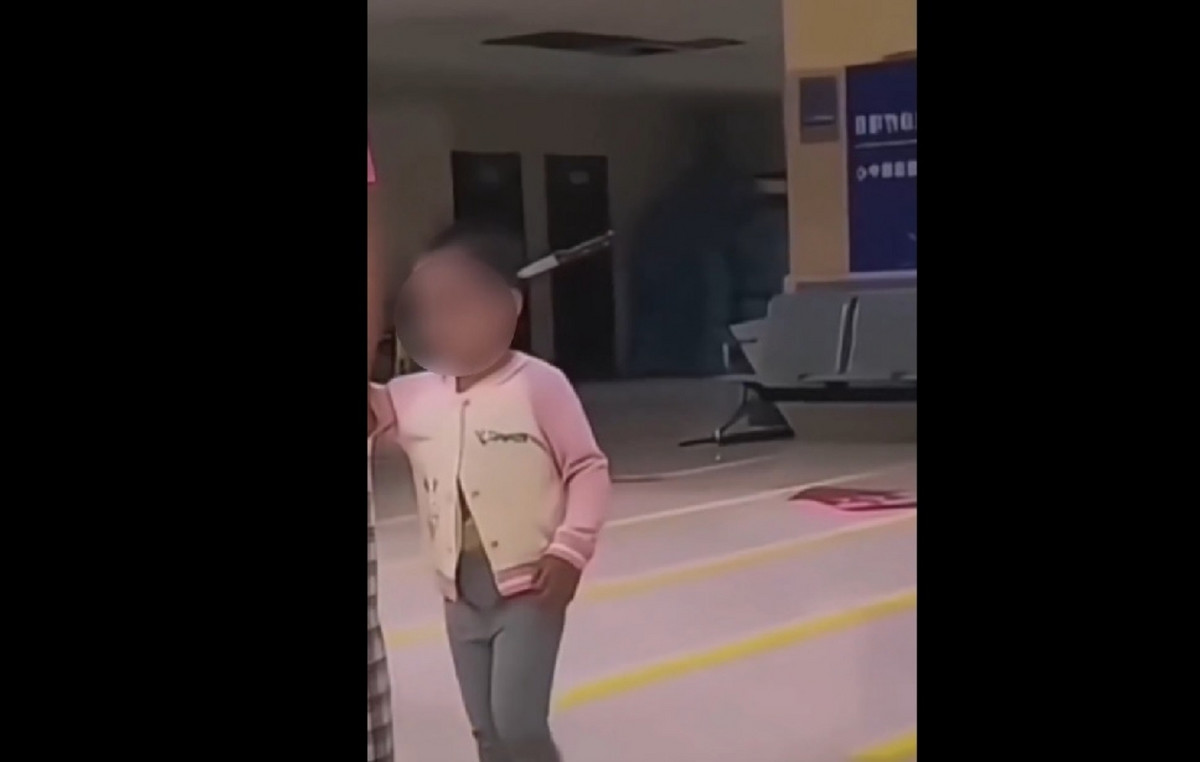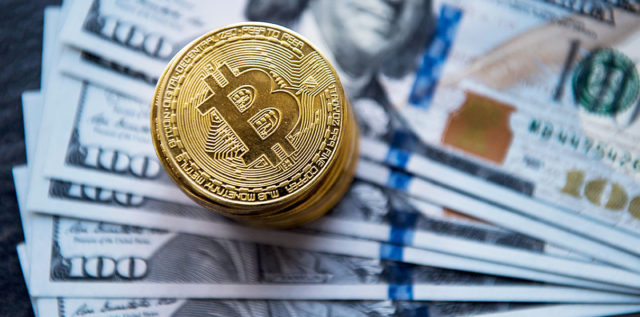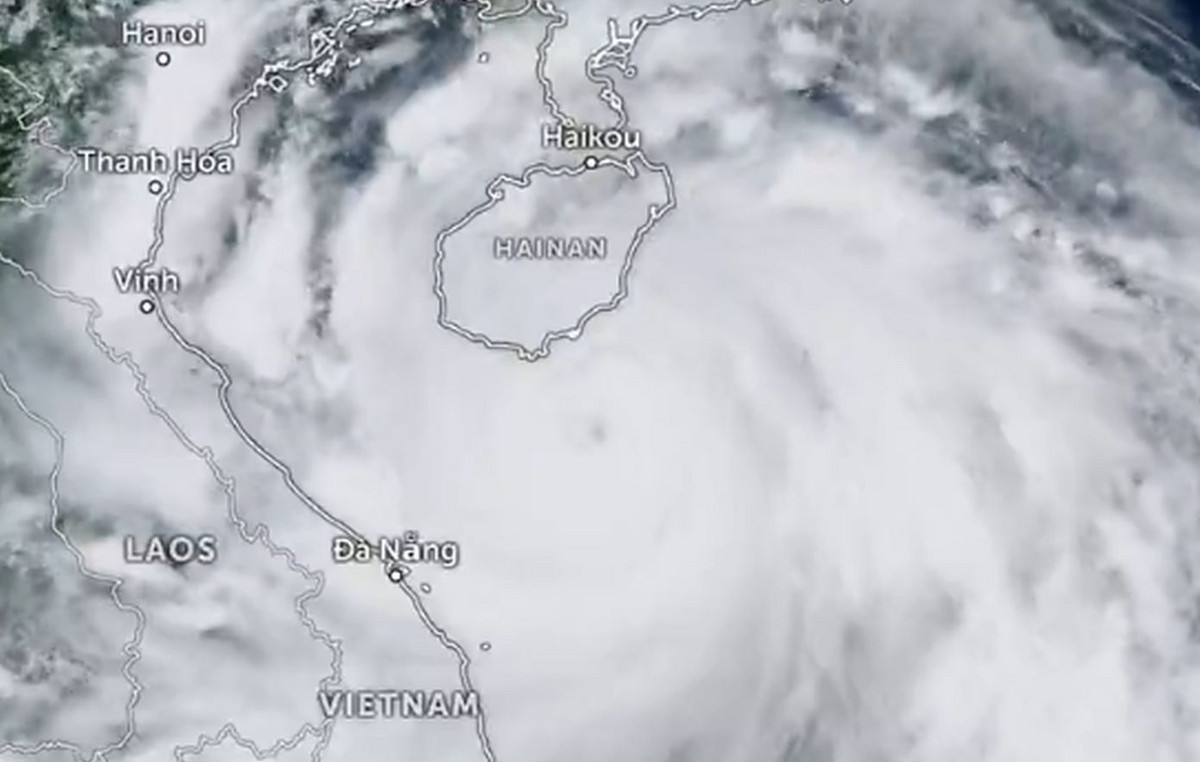By Clara Ferreira Marques
Even for a country that has instrumentalized the memory of World War II to the point where there is a word for the extravagant Victory Day celebrations – pobedobesie, or victory frenzy – this year marked a new level. With the Russian military stuck in Ukraine, the domestic propaganda machine has focused on past successes ahead of Monday’s celebrations. The Victory Day celebrations in Russia have fueled speculation abroad that Russian President Vladimir Putin would use the moment to signal a dramatic new stage in his war.
The fact that he did not do so – he gave a short speech in Red Square to talk about Soviet heroism and to reiterate claims that Moscow was provoked into action, without even once mentioning Ukraine by name – says a lot about the high expectations of the foreign observers, who did not really respond to a war that would continue for a long time. But it was also a reminder of the limits of Putin’s power. Even authoritarian leaders can not mobilize a nation for war when they call it a “special military operation” at no undesirable cost. Nor can they easily turn a defeat into a national success.
May 9 (the day the Allies accepted Germany’s unconditional surrender) has long been a popular holiday for the vast majority of Russians who have World War II veterans in their families and has become an even more important holiday under Putin as part of his efforts to restore the Soviet Union and boost national pride. He cultivated the cult of the Great Patriotic War and appropriated the Soviet victory over Nazi Germany to such an extent that he used the language of Nazism and Fascism to justify the invasion of Ukraine. It does not matter if the president of Ukraine is a Jew or if the war wreaked havoc on its territory and between 5 and 7 million people were killed. The Kremlin’s rhetoric is so far removed from events that earlier this month Russian Foreign Minister Sergei Lavrov noted that Adolf Hitler “had Jewish blood”, angering Israel and provoking a rare apology from the Kremlin.
The Russian leader, an amateur historian and lover of symbolism, would happily use a day full of grandeur to proclaim victory. But declaring victory presupposes setting the required ultimate goal, something that Moscow’s vague, changing war goals have made difficult to achieve. As Ben Noble of University College London pointed out to me, having flexible adaptation goals is useful for the Kremlin, avoiding awkward questions like e.g. when troops had to retreat from the area around Kyiv and refocus on the east of the country. But Moscow has also come up with multiple ideas for what it would look like to be successful, making it much harder to agree on a final goal without at least provoking some loud voices.
Another noteworthy fact is that Russia is not winning. Certainly, the war is not over and Russia could still defeat Ukraine. But for now, even efforts to neutralize the southern port of Mariupol are hard to support as a success. Russian forces are trapped in a conflict that has damaged the country’s military reputation, depleted its combat power and, thanks to sanctions in response to the invasion, decimated its economic prospects. As long as oil exports continue and there is central bank support, revenues do not look very meager and the ruble is holding up. But the mass exodus of ordinary Russian citizens says more about the reality of the situation. To keep IT professionals – some 50,000 to 70,000 left in March alone and an estimated 100,000 left last month – Putin has been forced to introduce benefits ranging from tax breaks to avoiding military service.
The Russians will be affected by what their government sees as a fight against Western aggression – Monday’s speech was intended to consolidate this rhetoric – but it is quite different to be asked to see the current situation as a victory. Apart from a highly choreographed gathering at Moscow’s Luzhniki Stadium, popular rallies are minimal.
Why, then, did Putin not formally declare war and call for mass mobilization? There are indications of moves in this direction and this may be inevitable. But to crush the guise of normality as he christened a war a “special military operation” would mean acknowledging the astronomical cost of this effort and also acknowledging that the new regularity of sanctions and isolation is here to stay. , something the Kremlin is reluctant to do.
Read also:
Source: Bloomberg
I’m Ava Paul, an experienced news website author with a special focus on the entertainment section. Over the past five years, I have worked in various positions of media and communication at World Stock Market. My experience has given me extensive knowledge in writing, editing, researching and reporting on stories related to the entertainment industry.







